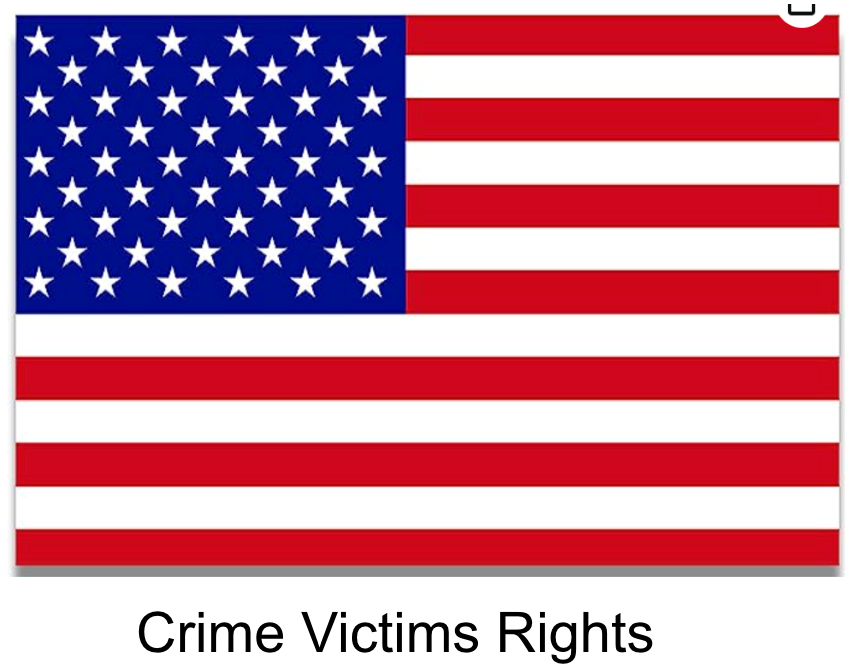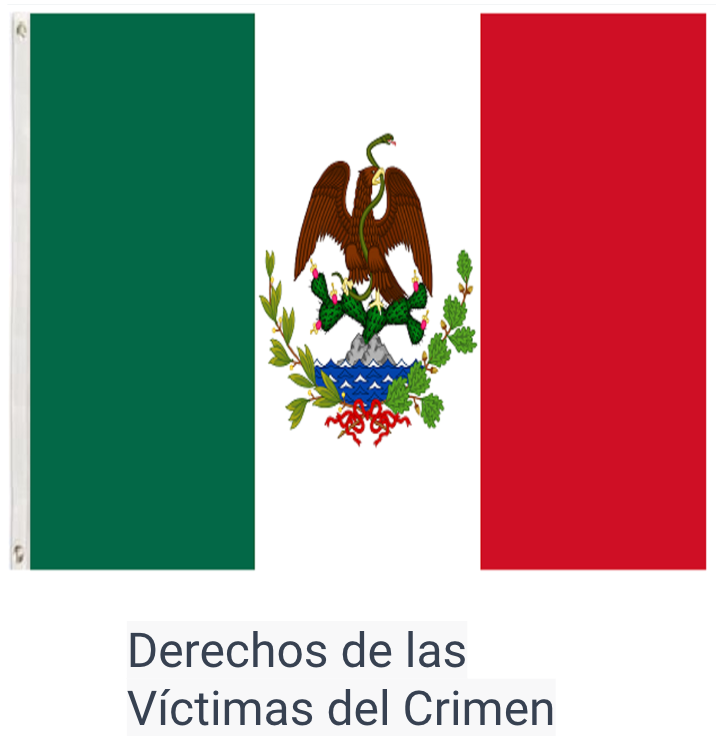Victim Advocate Role
- Point of contact for the victim throughout the court proceedings.
- Assist with questions about court process.
- Notify victims of critical stages and provide updates on case status.
- Make sure victims are aware of their rights under VRA and ensure VRA is upheld:
- The Victim Rights Act (VRA) in Colorado ensures that crime victims are treated with fairness, respect, dignity and that they are free from intimidation, harassment, and abuse.
- The VRA also helps to ensure that victims are informed of critical stages of the criminal justice process and that they may be present for, and heard, at certain stages as well.
- Colorado VRA Website
- Accompany victims to court as requested.
- Provide the WebEx information to appear virtually (WebEx is the virtual meeting software).
- Assist with Victim Impact Statements and Victim Compensation.
- Assist victims with the process for modifying protection orders.
- Provide community resource referrals.
- Provide information on the probation process and post-sentencing notification to:
- Colorado Dept. of Corrections
- El Paso County Criminal Justice Center
- El Paso County Community Corrections
If you need assistance from a victim advocate, please see Contacting Victim Advocates at right.
Victim Assistance
The District Attorney’s Office has two departments that are dedicated to providing quality assistance and resources for crime victims in our community. Our Victim Advocacy department can provide information on the criminal justice system, court case updates, referrals to community support organizations, and may accompany victims to court to provide emotional support. Meanwhile, our Victim Compensation department can assist with any victim compensation questions or concerns.
If you are a victim in criminal case and have any questions regarding your case, please call our office at 719.520.6000. If possible, please be prepared to provide the defendant’s name, court case number and division so you can be transferred to the correct person.
For help and information, visit the Colorado Springs Community Crisis Recovery Center site. Please utilize the Self Help Trauma Site for questions relating to trauma.
The Victim Rights Act
Recognizing that victims are an inherent part of the criminal justice process, the voters of Colorado passed a resolution in November 1992 to include Victim Rights as part of the State’s constitution. The Victim Rights Act mandates the Office of the District Attorney to provide certain information and rights to victims of violent crimes. Victims have the right to be heard when relevant,
informed, and present at all critical stages of the criminal justice process.
IIf you believe that your rights have been infringed upon, it is advisable to first try resolving the issue at the local level. In the event that your attempts to secure your rights locally are unsuccessful, you have the option to seek assistance from the Coordinating Committee.
Colorado Department of Public Safety
Division of Criminal Justice
700 Kipling Street, Suite 1000
Denver, CO 80215-4442
1.888.282.1080 Toll Free
To view The Victim Rights Act statute refer to Colorado Revised Statues 24-4.1-10
To learn more about The Victim Rights Act visit More Info
For a complete listing of crimes covered under The Victim Rights Act refer to Crimes that fall under the Victim Rights Act and Victim Rights Act Reference Guide
For a complete listing of critical stages covered under The Victim Rights Act refer to:
Victim Impact Statement
About the Victim Impact Statement (VIS)
- Victims of a crime and their families have the right to participate and to be heard in the criminal justice system through the use of Victim Impact Statements (VIS). A VIS provides the victim an opportunity to address the court prior to sentencing. This opportunity also allows victims to personalize the crime and express the impact it has had on them and their families. This process may also aid victims in their emotional recovery.
- A Victim Impact Statement can be written or oral. It grants the victim an opportunity to provide information for the judge to consider at sentencing, and it allows the victim to articulate the pain, anguish, and financial devastation the crime has caused.
For a Victim Impact Statement form contact the Victim Advocacy Unit at the number under Contacting Victim Advocates at right. - Follow-Up Survey for Advocate Service
Contacting Victim Advocates

If you have any additional questions or desire additional information on crime victim rights, contact the Victim Advocate Unit at 719.520.6000
Follow-Up Survery for Advocate Service






